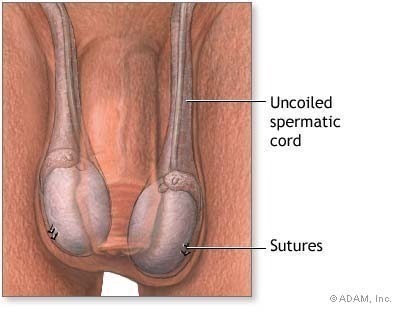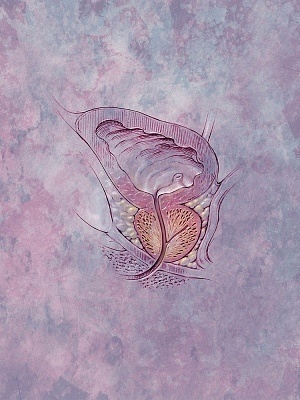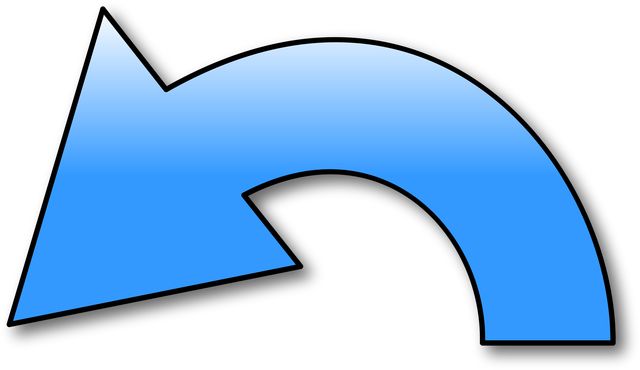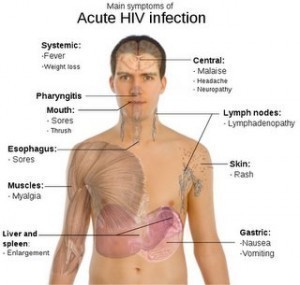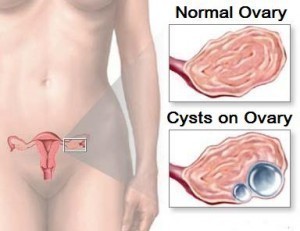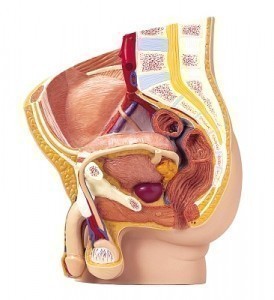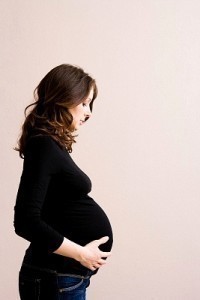Testicular Pain
Testicular pain is a severe condition that can cause high levels of sharp pain and discomfort. This medical condition can affect the lower, upper, left and right parts of the testis. When suffering from this kind of chronic condition, patients usually feel stabbing pain, dull feeling and tingling sensation. For a better understanding of its different aspects, it is good to know its treatments, causes, symptoms as well as diagnosis.
Testicular Pain Symptoms
Patients will know if they are suffering from testicular pain if they can see symptoms like blood in the urine, sharp pain when ejaculating and shooting pain while having sexual intercourse. Other possible signs are penile discharge, painful urination and fever. In some cases, patients can experience vomiting and nausea. More often than not, redness and swelling are likely visible in the scrotum and testicles. These are clear signs of severe conditions such as epididymitis and testicular torsion.
Causes of Testicular Pain
Pain in the testis is caused by many factors. The most common causes include varicocele, testicular cancer and twisted testicle. A serious blow or injury to the testis can lead to chronic stabbing pain. Spermatocele, scrotal masses and retractile testicle all can cause severe discomfort to patients. Other possible causes include inflammation of the testicle or orchitis, mumps and kidney stones. Another medical condition that can cause shooting pain on the testis is hydrocele, which is usually marked by swelling of the scrotum. Inguinal hernia, epididymitis and Chlamydia are the other common causes of pain in the testis. In case of trauma, patients can expect rupture of the testicle, formation of a hemotocele and bruising.
Testicular Pain Diagnosis
To help solve this kind of problem, there is a need for proper and highly accurate diagnosis of the condition. By doing so, patients can learn more about its possible causes. More importantly, proper diagnosis can also help doctors know what are the best medicines and treatments to recommend to their patients. Physical examination is very important, wherein the rectum, scrotum, testicles and abdomen are to be analyzed.
Laboratory tests are also very important, which include common procedures like urinalysis and blood tests. Imaging studies can also help a lot with this kind of problem. For examining hernias, tumors and ruptures, the use of ultrasound is highly recommended. For testicular torsion, the nuclear scan is more efficient in analyzing the problem.
Testicular Pain Relief
To relieve patients from severe and recurring pain, they can take different kinds of pain medications. Two of the most trusted drugs when it comes to relieving pain are acetaminophen and ibuprofen. In case of testicular torsion, it is best to consult urologists, who are likely to recommend surgeries for this kind of medical condition. For orchitis and epididymitis, the use of antibiotics is needed to fight off swelling, infection and inflammation.
For more information on Testicular Pain read:
